Our Expertise in Magento
<01>
Overall Experience
Mobilunity is a highly trusted and deeply experienced sourcer of dedicated Magento developers for multiple sectors. We have years of experience in finding incredibly skilled remote developers of any specialty, and our experts have deep knowledge of Magento development in particular.
<02>
Developed Adaptability
Whatever your project or specific needs, we stay flexible and ready to help. We have worked with clients across multiple industries and countries, so can adjust to suit your business, all to high standards and best practice.
<03>
Hundreds of Successful Cases
Over the years, we have consistently delivered for a vast number of projects and successfully provided Magento development engineers for outsourced projects. You can be assured you’ll always receive the highest quality Magento developers hires.
<04>
Modern Tech Stack
We stay at the cutting edge. Our tech stack is always up to date and we continually expand our expertise and resources, so that we can deliver the best quality service when it comes to sourcing Magento engineers.
<05>
Best Practices Used
We should be clear that our company increases its expertise regularly, so we can guarantee our specialists follow the best modern practices and achieve the best possible results. When you hire Magento programmers with us, you get complete peace of mind.
<06>
No Project Too Complicated
We can always find a solution. No matter how complicated your project seems or the technical complexity, get in touch. We’ve worked with many clients over the years on projects of all specialties and sizes, so you can be sure our experts will be able to help.
Cooperation Models
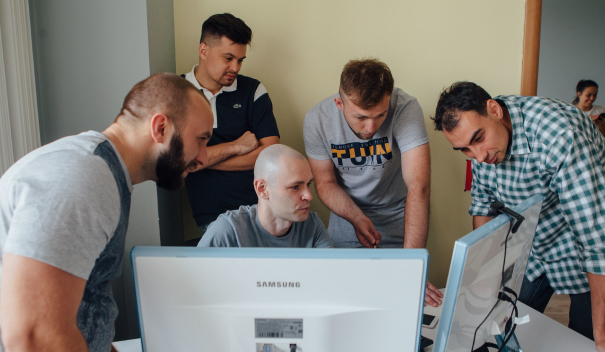
Dedicated Adobe Commerce Developers
Ideal for long-term work. We source a Magento developer for hire in a dedicated team that you can retain. This team becomes entirely under your management and dedicated to your projects, while we provide behind-the-scenes technical support and communication.

Part-Time Adobe Commerce Consultant
Hire a Magento engineer for a limited time to fill the existing gaps in your team with ease Perfect for short-term projects, one-time consultancy,help for projects with high-pressure deadlines or alleviating the workload from your team.
Benefits of Working With Mobilunity
How to Hire a Magento Developer With Mobilunity
Determine Your Requirements
What do you need? First you should set a budget, work out what specialists are necessary for the project, how many people you need and other details.
<01>
Share Your Vision
Contact us to share your needs and wishes for the project. We can then assess exactly how we can help and make our first offer to you.
<02>
Consult on the Details
We examine your contact form and ask any questions we need to, arranging a consultation so you can tell us your candidate requirements in even more detail. Next, we begin the search.
<03>
Interviewing and Choosing
After we know what your ideal hire looks like, we form a list of the most suitable candidates. Next you will have the option to interview and assess them… before choosing your favorite.
<04>
Start a New Partnership
As soon as you make your final decision, your new Magento developer comes aboard, ready to work on your projects. To reiterate: they are fully dedicated to your business and work exclusively for you.
<05>
Service Provider You Can Trust


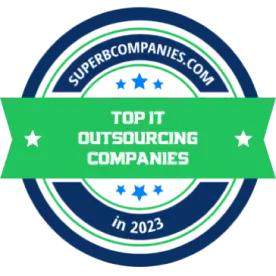


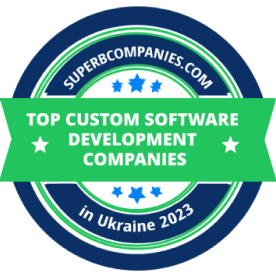
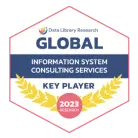

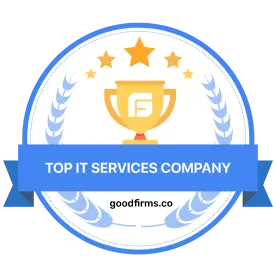
Case Studies
Types of Projects Magento Developers Can Do

Online Retailers
Performance is crucial for an online retailer’s site, and aMagento developer can help ensure yours stays responsive and competitive.

Single Brand Website
Develop a website for your brand by hiring a Magento programmer. An effective engineer can help build a highly optimized site that maximizes engagement and, with strong . search engine optimization, significantly increases your site’s recognition and presence.

Affiliate Websites
Magento specialists are competent builders of affiliate websites, similar as they are in many ways to online retail sites, and can therefore assist in boosting your site’s performance and recognition.
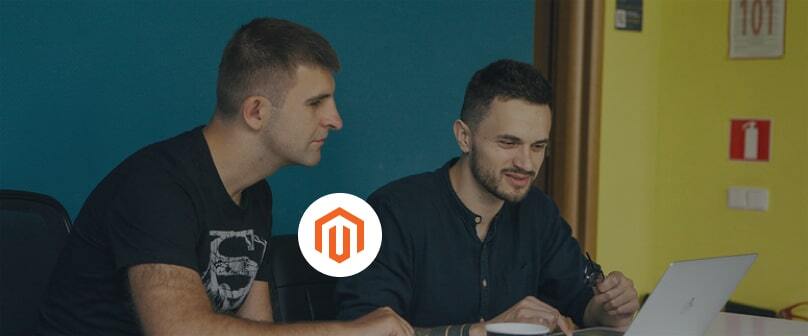
Marketplaces
Magento programmers are also experienced in developing and improving website marketplaces, an area of rising competitiveness and interest these days, and can make improvements and increase their online presence.












